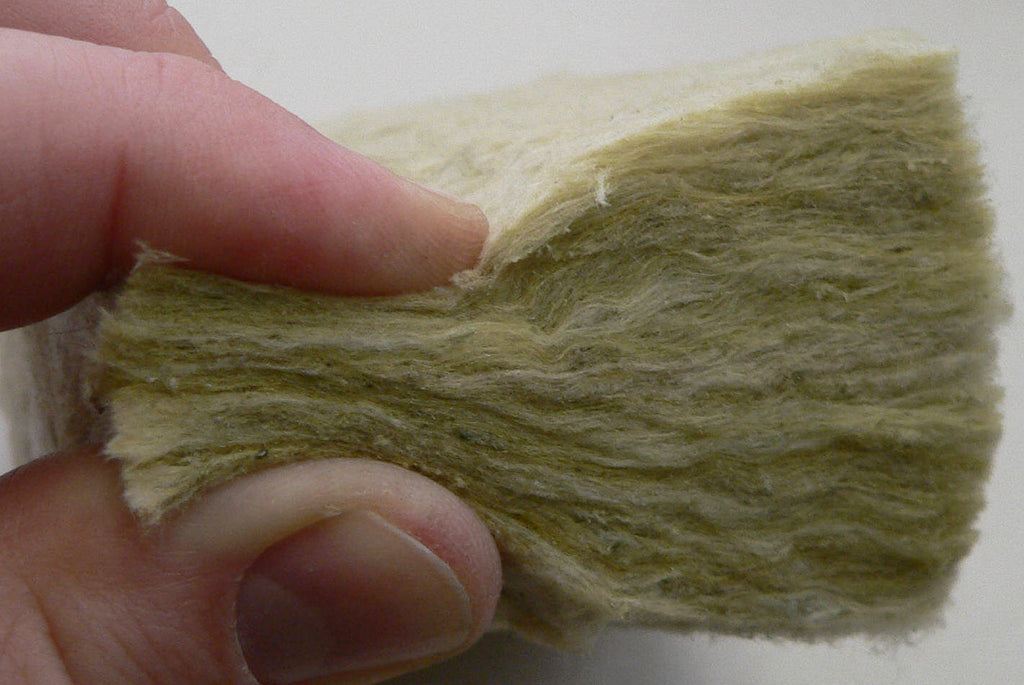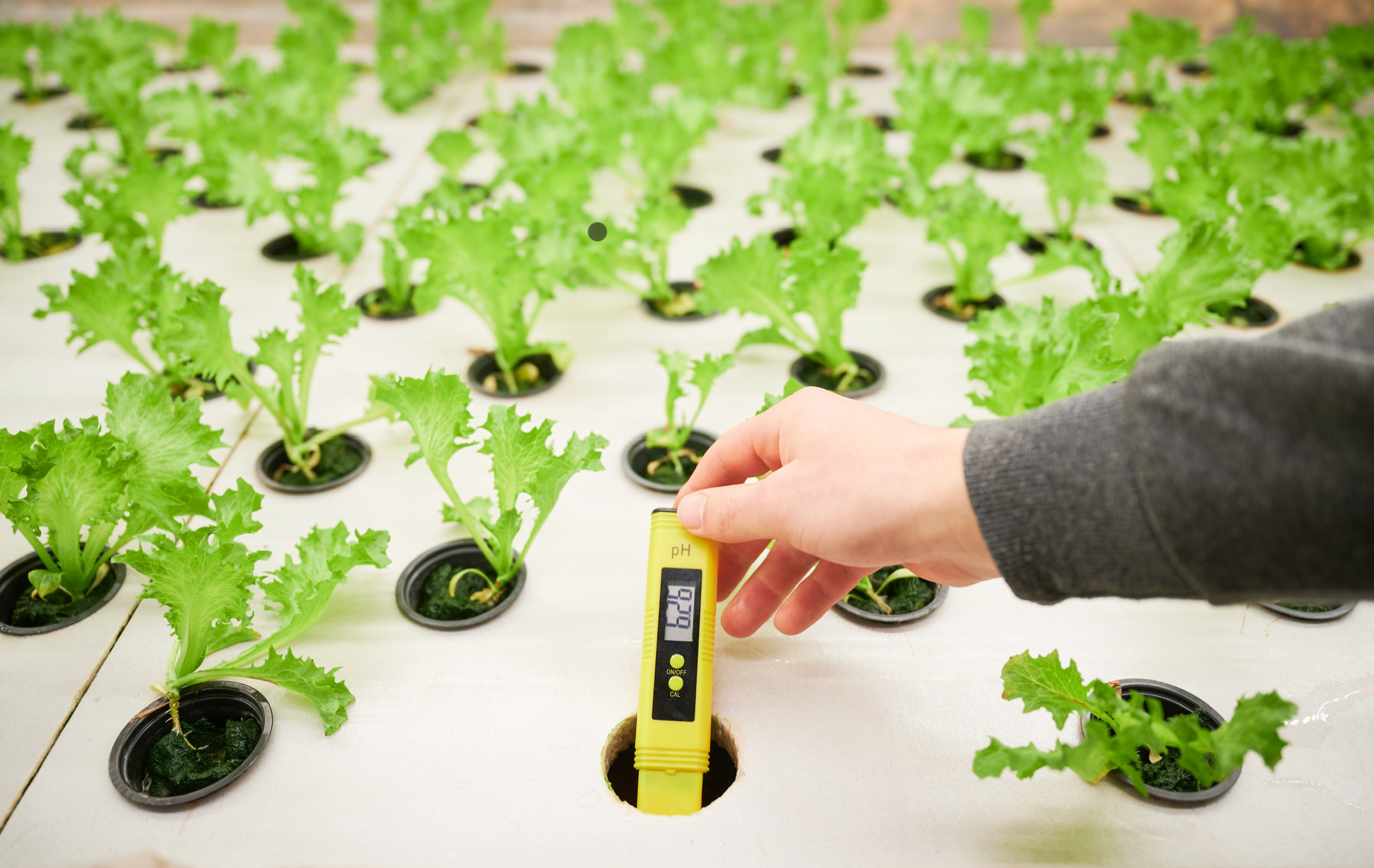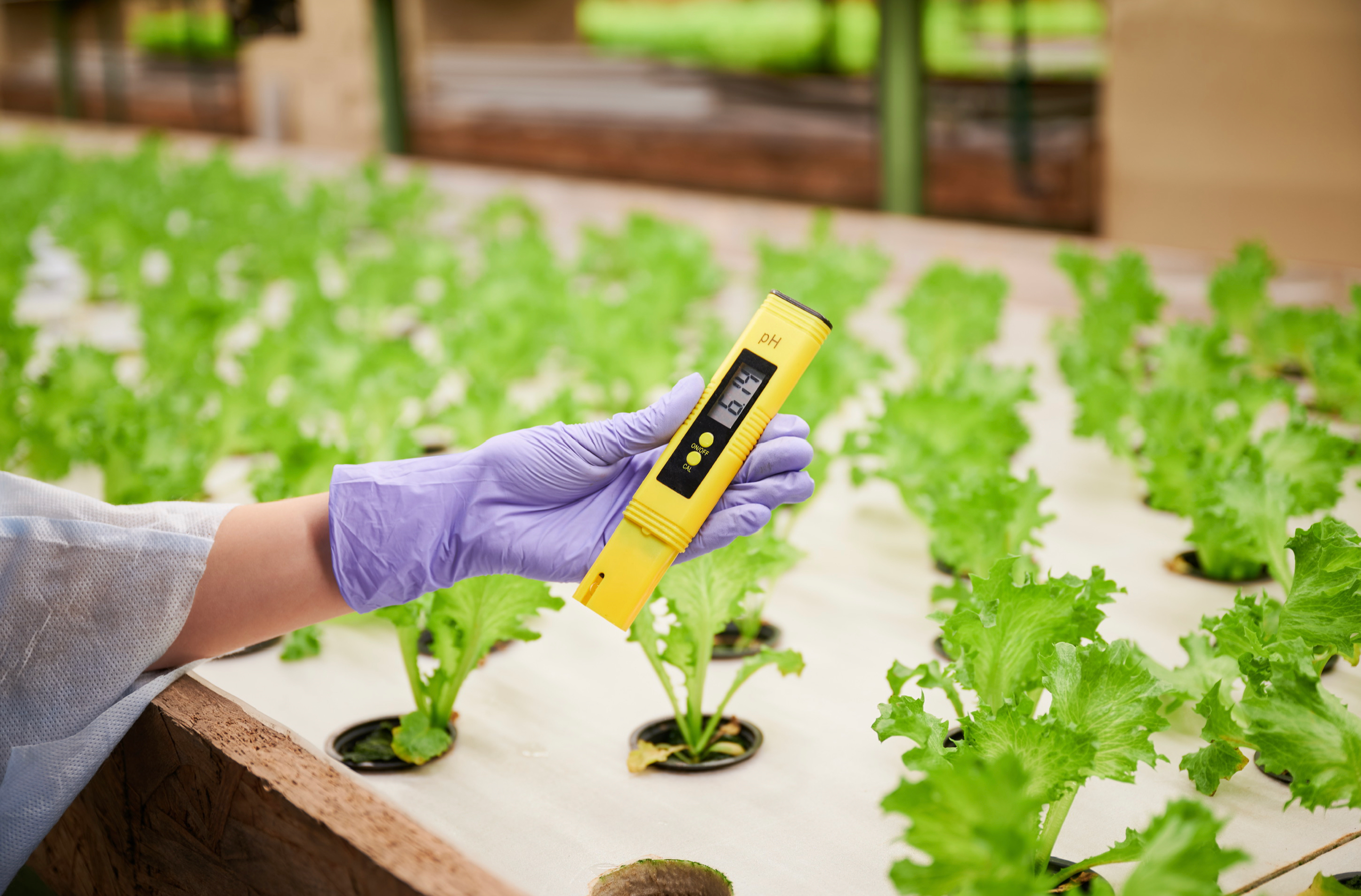How to Grow Hydroponic Lettuce - Part 1

A Step by Step Guide on How to Grow Hydroponic Lettuce - Part 1
Many people new to hydroponic growing want to start with something easy like lettuce. Here’s a step by step guide to how to grow hydroponic lettuce, part one.
Choose your seeds. If you are in a hot climate, be sure to choose bolt resistant seeds. Pelleted seeds are great. They reduce waste and you get better planting accuracy. Try a basic green leaf lettuce and something really fun, like butter or purple lettuce. Some lettuce is even bred to grow hydroponically.
Choose your medium:. Rockwool is the easiest medium to use and comes in different size blocks. The smallest sheet of starter cubes are perfect for lettuce. You can also use coco coir, oasis hydrocubes, soilless mix or any other starter cubes. Don’t try to start it in a loose medium like perlite, or in clay pellets.

Directions:
- Open your sheet of rockwool or other cubes. Use an old pencil or something similar to poke into each hole to make the hole visible. Drop seeds into the holes. Only put one or two seeds in each hole. Place the sheet in the place it is going to stay…once it is wet you can’t easily move it without it breaking. Wet the whole sheet with plain water, no nutrient needed.
Hint: Put the seeds in when the sheet is dry. If it’s wet, the seeds will just stick to the first spot they touch
Hint: After watering, I like to cover the sheet with a piece of damp newspaper or other paper. The dark covering helps the seeds germinate.
- Set up a nice, warm and sunny or well lit place to start your seeds. You can put a tray of seedlings on a heat mat for warmth, or in a grow tent, or a mini greenhouse type of thing. Keep the sheet as one sheet, don’t break it up into individual cubes yet.
- Put the water on a timer so the sheet is watered regularly. If the sheet dries out, the seeds won’t germinate.
Hint: Don’t water the sheet at night.
- If you are using lights, you can keep them on 24 hours until germination, or 18 hours of light or even just 12 hours of light. If you are growing the lettuce outdoors, you can just use natural light or supplement with grow lights if the days are shorter than 12 hours.
- In four to six days, you will see tiny seedlings emerging. Remove the newspaper.
Hint: Don’t just change the lighting randomly on the seedlings. Plants are really sensitive and they like consistency. If you’re using lights and you’re going from a 12 hour day to an 18 hour day, add an hour each day instead of adding six hours at one time.
- The first leaves to appear are called cotyledon leaves. A seed comes complete with its own nutrition for these leaves. You do not need to start watering with nutrient solution until your plant has true leaves.
- Once you see true leaves (the second set to appear), it’s time to mix up some nutrient solution for your lettuce. Give baby lettuce half strength nutrient. An EC of 0.5 is fine for tiny seedlings. Bump it up just a little at a time as they grow.
Hint: There might be a delay in growth at this point. The lettuce is putting all its energy into growing roots now. As soon as the roots are developed, the leaves will grow quickly.
Hint: Don’t water your seedlings at night.
- Once the lettuce looks like lettuce, it’s time to break up the sheet and put the cubes into your system.
Check out part 2 for how to grow hydroponic lettuce from seedling to ready to eat.
For more great content check out the Proponics YouTube channel below!





